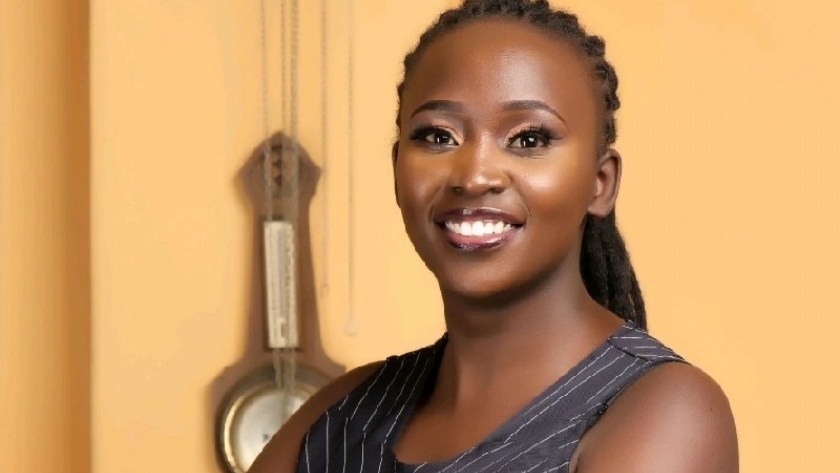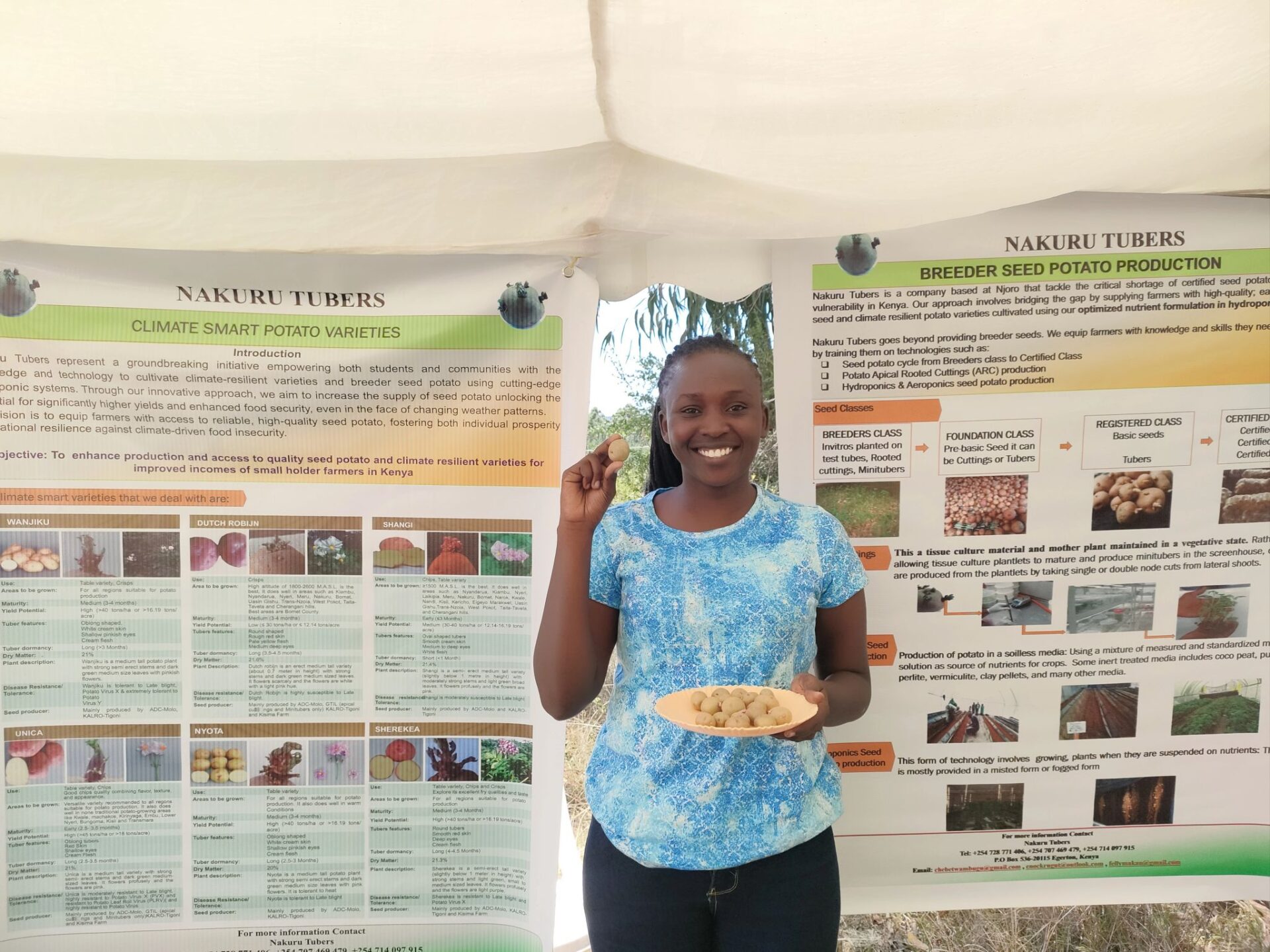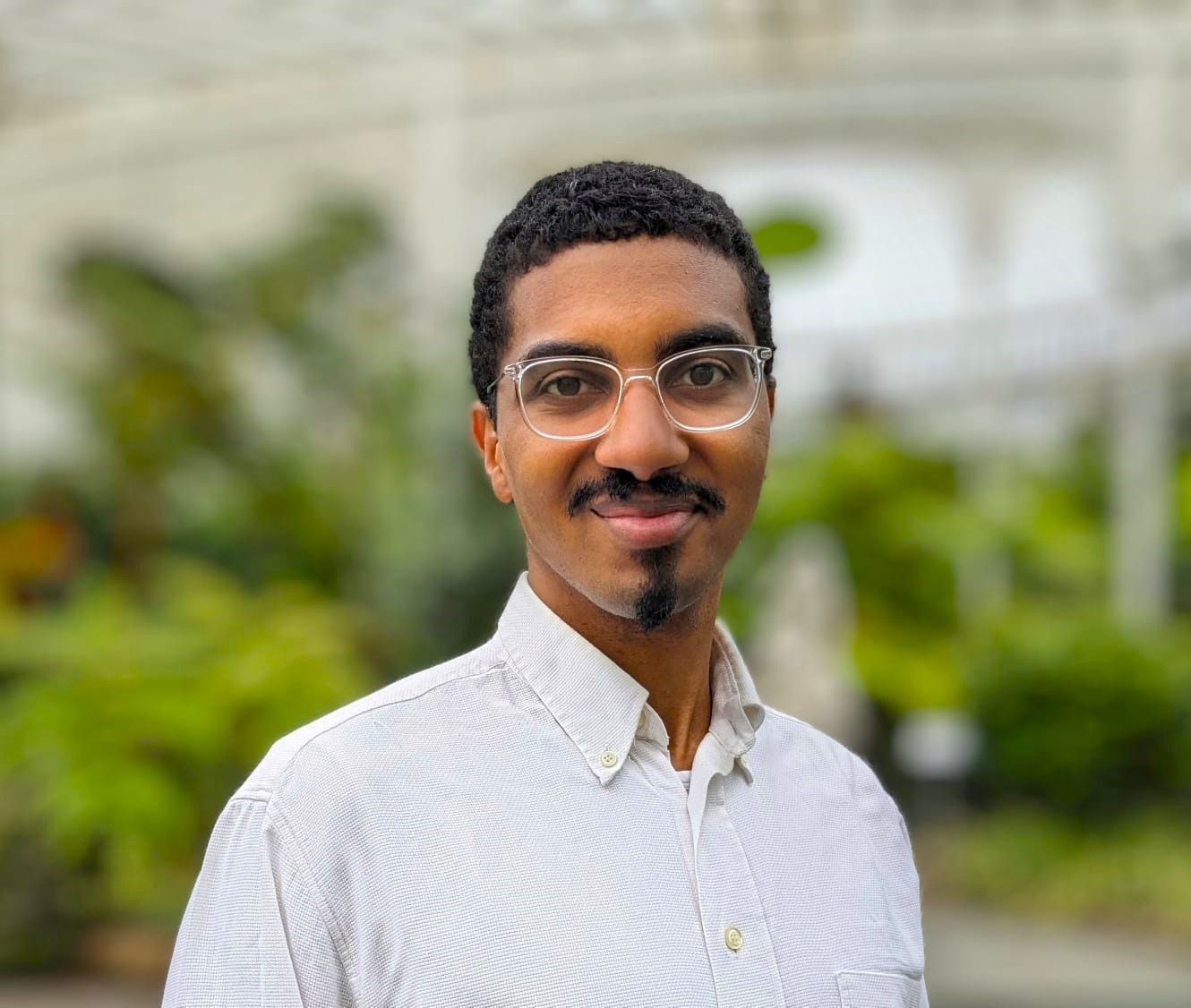
By Agroempresario.com
The intersection of academia and entrepreneurship is often difficult to navigate. Traditionally, researchers have focused on advancing scientific knowledge, while entrepreneurs develop business solutions. However, Deep Science Ventures (DSV) has introduced an alternative PhD program that allows candidates to balance both paths, providing an opportunity to bridge the gap between scientific discovery and commercialization.
One such candidate is Winnie Wambugu, a Kenyan scientist and entrepreneur who is redefining the way smallholder farmers access quality seed potatoes. As the co-founder and managing director of Nakuru Tubers, Wambugu has leveraged her research expertise and business acumen to innovate within the agricultural sector while simultaneously pursuing her PhD through the Deep Science Doctorate program.
Wambugu’s journey into agriculture began early. Growing up, she was introduced to farming through school programs that required students to cultivate their own kitchen gardens. This hands-on experience led her to pursue a Bachelor’s degree in agronomy, where she developed a passion for food security and empowering smallholder farmers.
Despite earning top marks in her Master’s program, she struggled to secure employment after graduation. It was during this period that a professor encouraged her to consider starting a business. Taking this advice to heart, Wambugu developed an innovative approach to seed potato cultivation, dramatically increasing yields for smallholder farmers in Kenya. This innovation caught the attention of the United Nations World Food Programme (WFP), which provided funding and support to validate and commercialize her product. Within a year, Nakuru Tubers had trained over 2,000 farmers and introduced a high-quality seed potato variety to the market.

While building Nakuru Tubers, Wambugu encountered Deep Science Ventures’ alternative PhD program. The concept of pursuing a doctorate while managing a startup was a revelation. “I didn’t know you could do both entrepreneurship and research,” she recalls. Recognizing the opportunity, she applied and was accepted into the program, which currently supports 11 candidates worldwide.
Dr. Thane Campbell, a leader in the program, explains that the initiative was born out of his own struggles in bridging academia and business. “We think at the interface of science and commercialization,” he says. The program is designed for both scientists with an entrepreneurial vision and business professionals seeking to integrate scientific research into their ventures.
The Deep Science Doctorate operates differently from traditional PhD programs. Instead of being tied to a single university, candidates can access research facilities and expertise from multiple institutions. “We have partnerships with CGIAR, the world’s largest agricultural research network, as well as the Roslin Institute at the University of Edinburgh and Cornell Tech’s agricultural school,” Dr. Campbell explains.
This model allows candidates to conduct research at institutions that align with their projects. “I have full access to whatever resources I need,” Wambugu notes. She also benefits from DSV’s extensive network of venture capitalists and entrepreneurs, gaining valuable industry insights and potential funding opportunities.
One of the key advantages of the DSV program is its hybrid approach. Wambugu can manage Nakuru Tubers while simultaneously advancing her research. This flexibility has allowed her to refine her product and explore new innovations in post-harvest loss reduction—a critical issue in Africa’s agricultural sector.
Through the program, she has connected with industry experts and fellow PhD candidates via online platforms such as Slack, fostering collaboration and support. “We’re able to network and help each other,” she says.

Dr. Campbell emphasizes that the program seeks candidates with a unique combination of qualities: magnetism, determination, and expertise. “We look for individuals who possess not only scientific ability but also commercial insight and problem-solving skills,” he explains.
For Wambugu, the experience has been transformative. While she initially approached entrepreneurship with hesitation, the success of Nakuru Tubers and the support of the DSV program have solidified her commitment to merging science and business. “I hope to develop solutions that will make a real impact on food security,” she says.
The Deep Science Doctorate is reshaping how scientific research is conducted, enabling researchers like Wambugu to translate their findings into viable business solutions. By fostering an environment where science and entrepreneurship coexist, the program is empowering a new generation of innovators who are poised to tackle global challenges.
As agriculture continues to evolve, initiatives like this could play a crucial role in ensuring that scientific breakthroughs reach the farmers and communities who need them most. With visionaries like Wambugu leading the way, the future of agricultural innovation looks promising.
